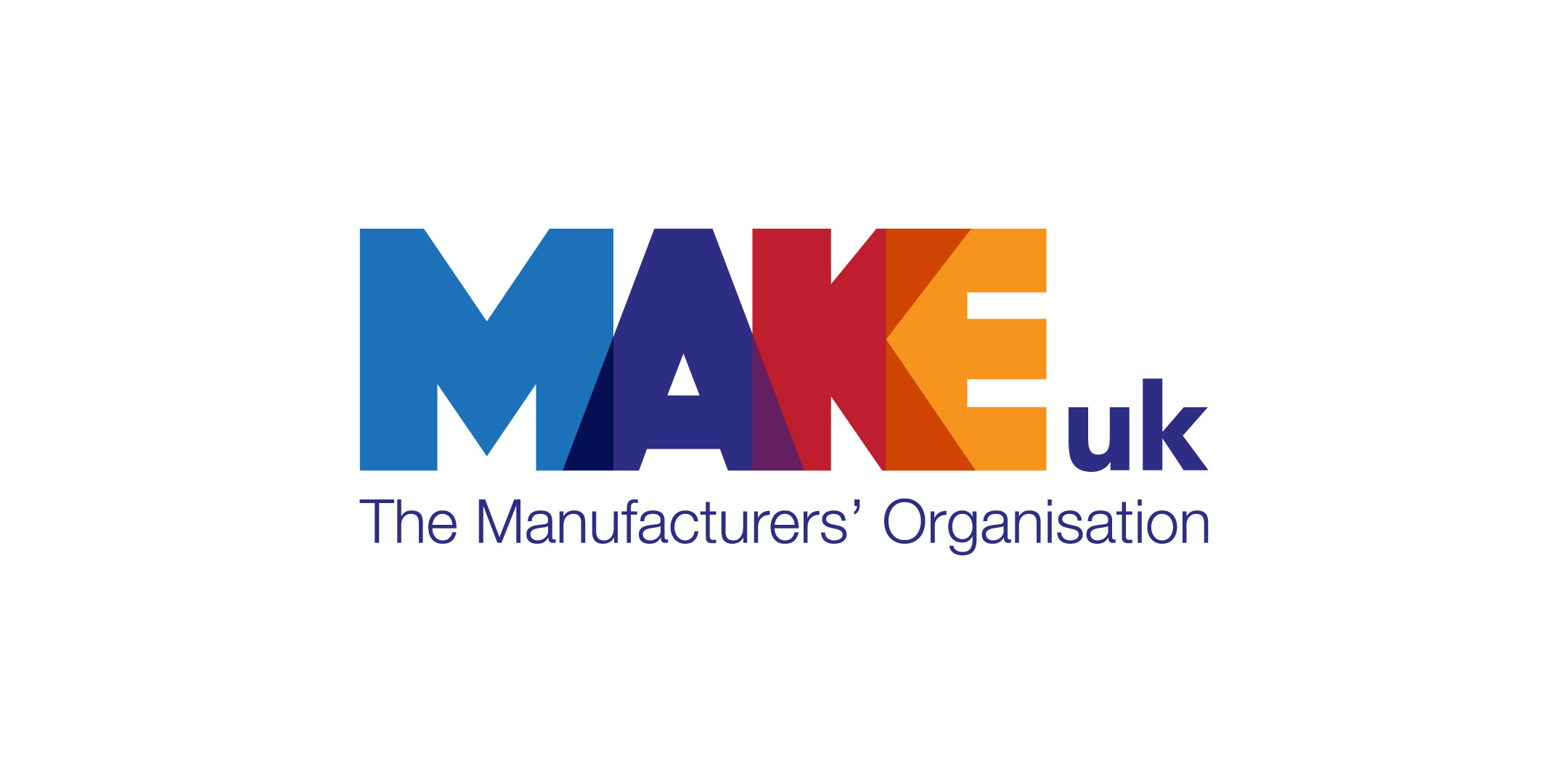Join interactive breakout sessions to learn how to optimise your supply chains, build resilient workforces, achieve net zero and much more.
*Please note that all workshop descriptions are subject to change.
NET ZERO MANUFACTURING
With the COP26 momentum and pressure building on businesses to deliver on their net zero ambitions, coupled with the soaring price of energy and wider costs to business there is a need for industry to act if the UK is to meet its net zero ambitions by 2050. Manufacturers are keen to get started on their journey to net zero by reducing their emissions by two thirds by 2035, but for the majority of businesses this will be a major challenge. As of right now just 1 in 5 are close to achieving this and more action is needed. Manufacturers are ambitious and three quarters believe they will achieve this goal through different routes such as investing in the new digital technologies and adapting their business to become more efficient, produce less waste and introducing new business models. Is there a one good road to net zero? Do businesses need to lean on the government's help? What are the sector leaders doing in that space? What are the benefits to the business of embracing a low carbon strategy? Please join us for a one hour workshop where we will be showcasing two different examples of how manufacturers are adopting their business. What help is available for business and where is the best place to start?
.
BUILDING RESILIENT WORKFORCES
This workshop will explore how manufacturers can address the current and future skills gaps in their businesses, recruiting and retaining the talent they need to unlock and sustain growth. While attracting and retaining the right skills is an enduring concern for manufacturers, the numerous challenges faced by businesses currently - recovery from the pandemic, inflation, Brexit and a new immigration system - as well as longer term trends like digitalisation and environmental sustainability are shaping how manufacturers think about building resilience in their workforces. Whether securing the right technical skills at a workforce level or equipping senior staff with management and leadership skills, this workshop will address the key challenges for manufacturers in developing their workforces in the years ahead.
.
MANAGING GLOBAL SUPPLY CHAINS
Well-functioning global supply chains are essential for the success of manufacturers in the UK. The Covid pandemic has highlighted both the strengths but also some weaknesses in supply of raw materials and inputs as well as supply chain systems and infrastructure. In addition, the UK has undergone the most significant reset of its international trading relationships which continues to evolve. Analysing these new relationships and external factors will provide greater resilience for manufacturing in the UK. This session will look at the UK’s strengths, weaknesses as well as the opportunities and threats, which present in UK’s global supply chains.
.
SOCIAL VALUES IN DEFENCE
The Social Values Public Procurement Notice introduced in 2020 has fundamentally changed defence procurement. With areas such as net zero, diversity & inclusion and levelling up now an important element of buying decisions by MOD and the Primes. During this session, you will discover how to create a more sustainable, diverse, equal and ultimately more competitive business. This session will explain: What the Defence priority Social Values as and how they are being implemented What the implications are for industry How you can create a more sustainable, diverse, equal and ultimately more competitive business
.
A MATERIAL WORLD
A myriad of structural and global challenges from climate change, to resource scarcity, to fragile global chains, will fundamentally change the way we make and use materials in the future.
Decarbonising the production of the basic materials we use will have huge implications not only for material producers, like steelmakers, but also for all consumers further down the supply chain. There is an urgent need for on sectors like steel, concrete, and plastic to eliminate their emissions, but also pressure on consumers to opt for low-carbon, more costly, alternatives. As demand grows for low-carbon materials grown, driven both by consumer choice and government regulations, there will be impacts on prices, availability, and supplies of raw materials.
.

